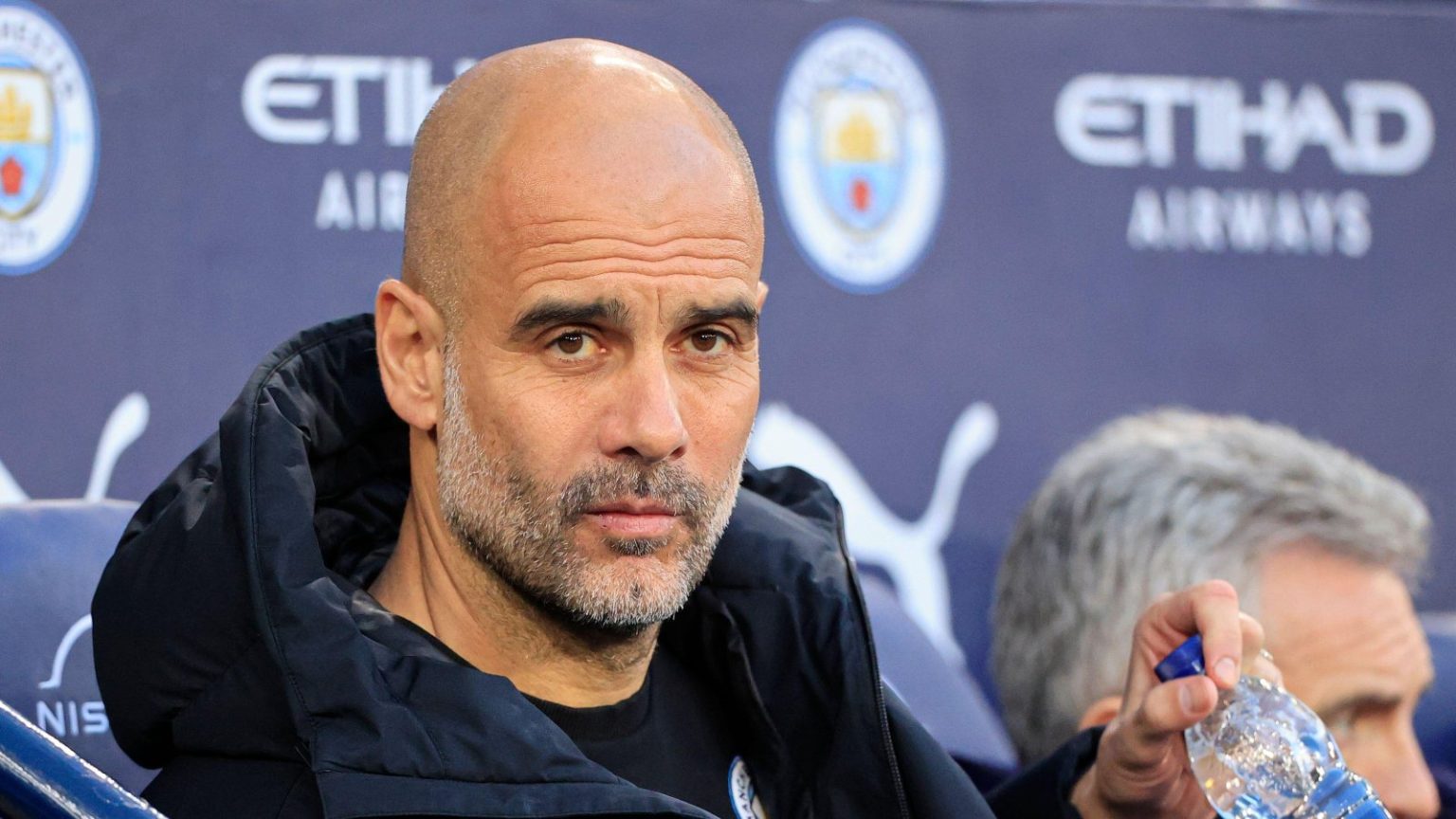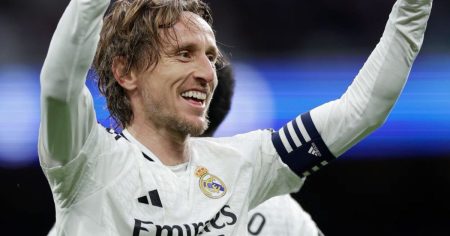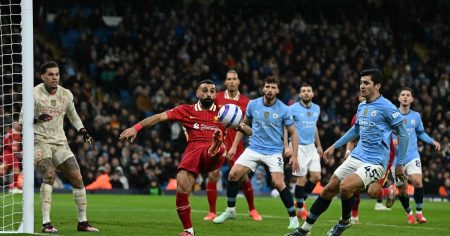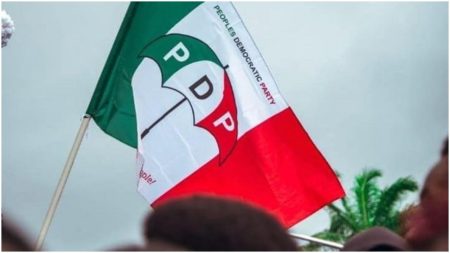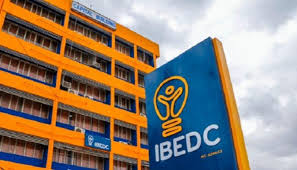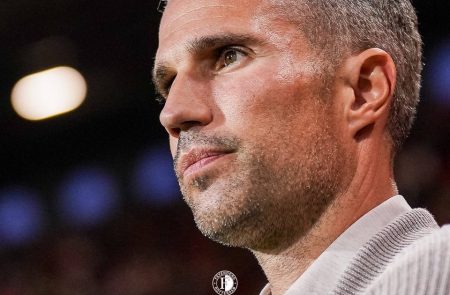Pep Guardiola, manager of Manchester City, has engaged in a pointed exchange regarding Liverpool’s inability to match City’s record-breaking 100-point Premier League season. This comes amidst a challenging season for City, who find themselves significantly trailing Liverpool in the league standings. Guardiola’s remarks, delivered with a touch of defiance, highlight City’s past dominance while acknowledging the current shift in the Premier League landscape. The exchange underscores the evolving dynamics of the league and the inherent fluctuations in team performance.
Guardiola’s comments were prompted by criticism of City’s recent struggles, particularly following a Champions League defeat. He pointedly contrasted City’s historic 100-point season with Liverpool’s current campaign, emphasizing the difficulty of achieving such a feat in the modern Premier League. He cited the increased competitiveness of the league, referencing teams like Bournemouth, Fulham, and Wolves, as evidence of the challenging landscape that now exists. This highlights the perceived growth in quality across the Premier League, making sustained dominance increasingly difficult.
The Manchester City manager conceded that his team’s performance has dipped below the exceptionally high standards they set in previous seasons. He acknowledged the fatigue and emotional toll on his players, attributing some of the decline to injuries and the accumulated strain of consistent high-level competition. Guardiola attributed this dip in performance to a number of factors, including injuries, player fatigue, and the emotional toll of consistently competing at the highest level. He emphasized the human element of the game, suggesting that even the most successful teams are susceptible to periods of underperformance. This perspective offers a glimpse into the pressures and challenges faced by top-level athletes.
Guardiola’s reference to a conversation with midfielder Ilkay Gundogan further emphasizes the perceived shift in the Premier League’s competitive balance. Gundogan, having experienced both City’s dominant period and the current season, reportedly noted a significant increase in the league’s overall quality. This observation reinforces Guardiola’s assertion that maintaining a level of dominance like City’s previous 100-point season is increasingly challenging due to the improving quality of opposition.
The City manager’s remarks also reveal an introspective assessment of his team’s current struggles. He identified a key difference between this season and previous successful campaigns: City’s diminished effectiveness in possession. He acknowledged that the team is now “suffering” even when controlling the ball, a stark contrast to their previous dominance in possession-based play. This observation points to a tactical shift or perhaps a decline in execution, highlighting an area where City needs to improve to regain their previous form.
Guardiola ultimately accepted the reality of City’s current position, acknowledging that they “deserve” to have a subpar season after their period of unprecedented success. This statement reveals a degree of humility and acceptance of the cyclical nature of sports. While acknowledging the team’s shortcomings, he also emphasized the human element, suggesting that experiencing a downturn is a natural part of the process for both himself and his players. This perspective underscores the importance of resilience and learning from setbacks in the pursuit of long-term success.





